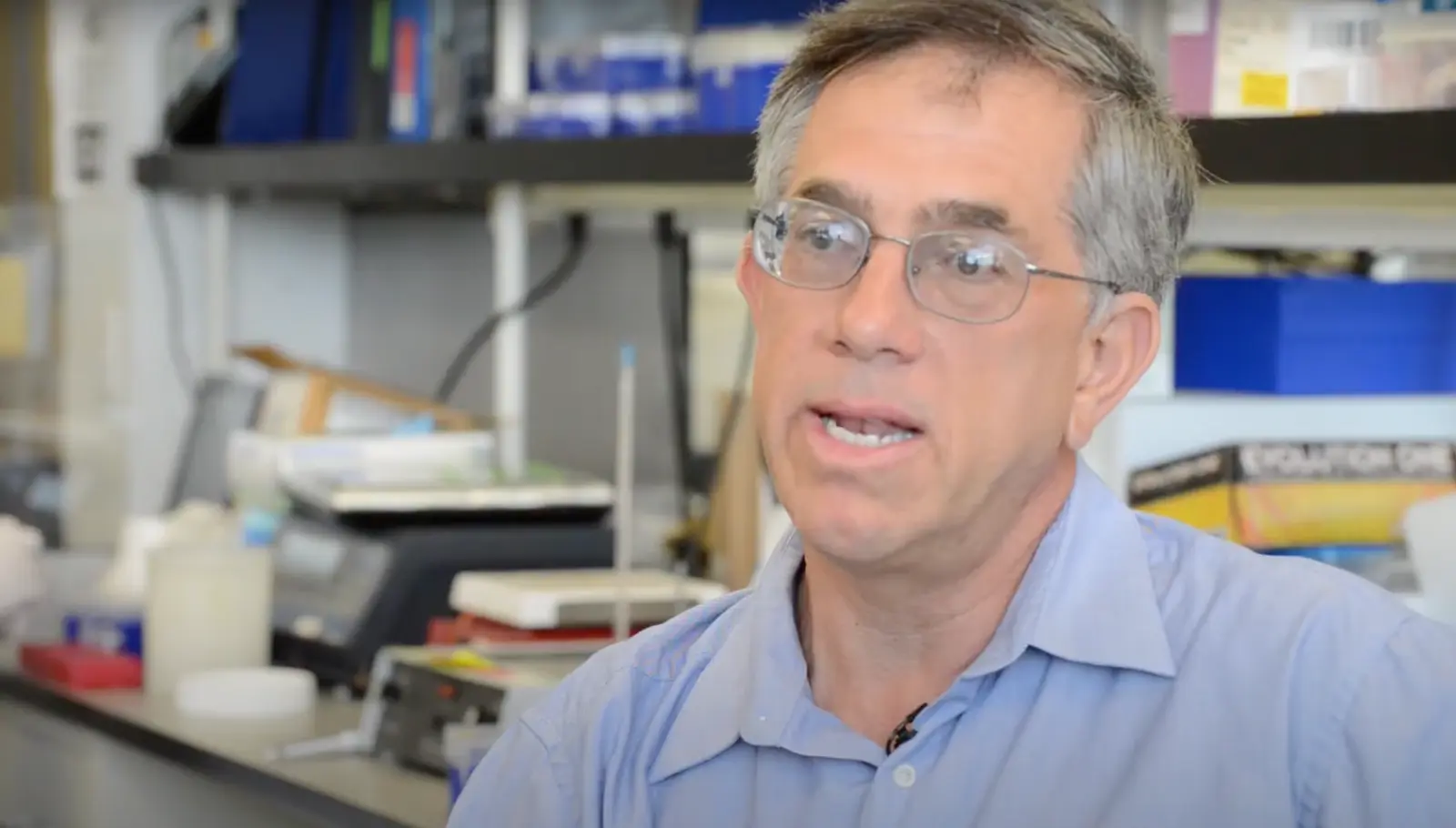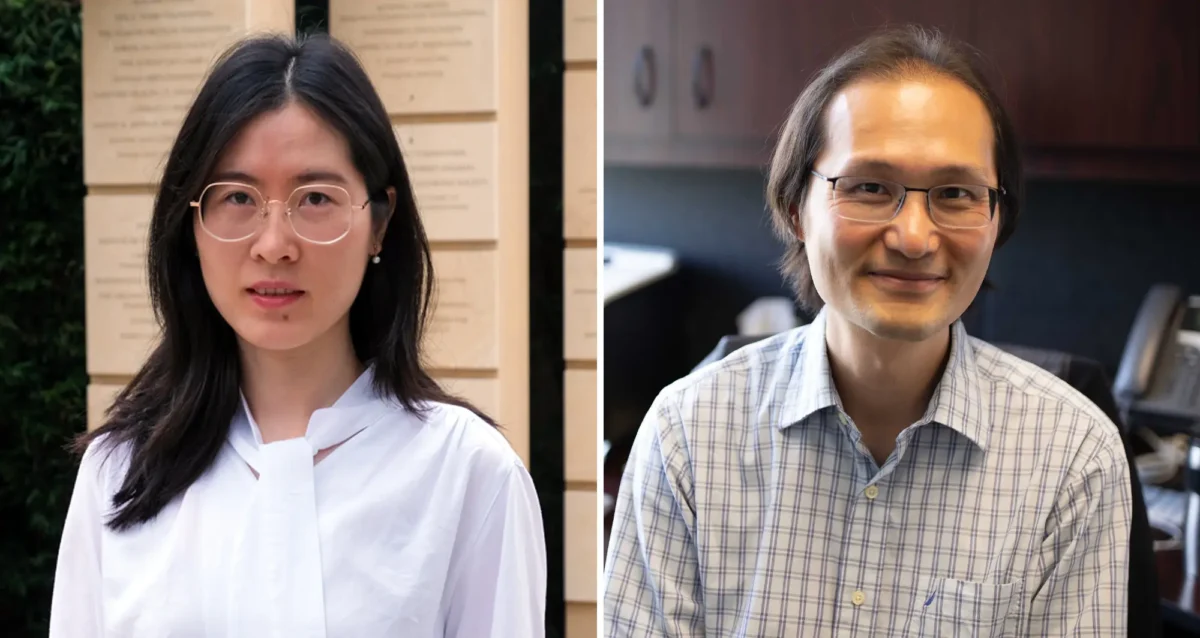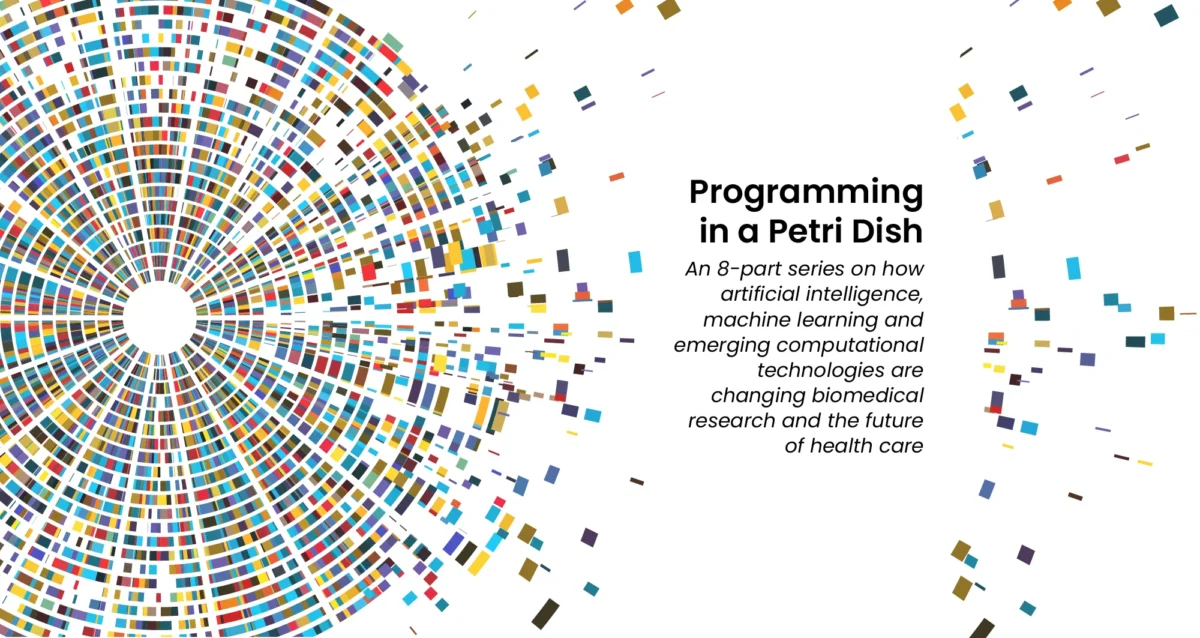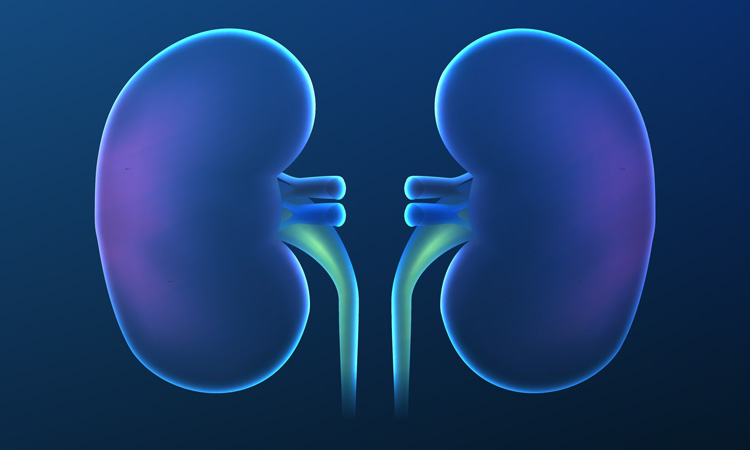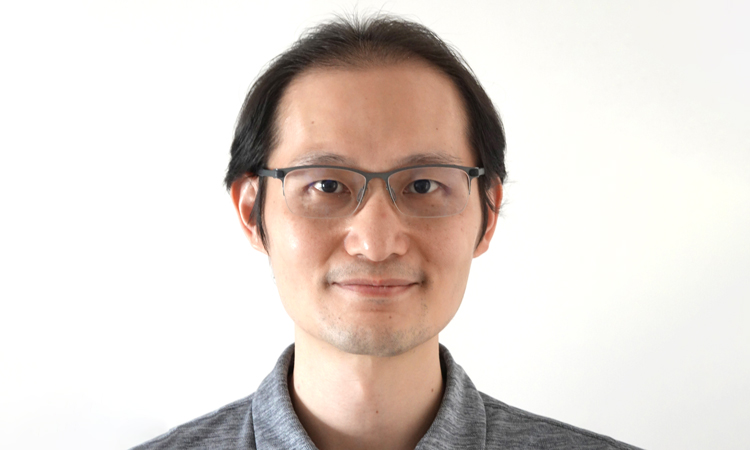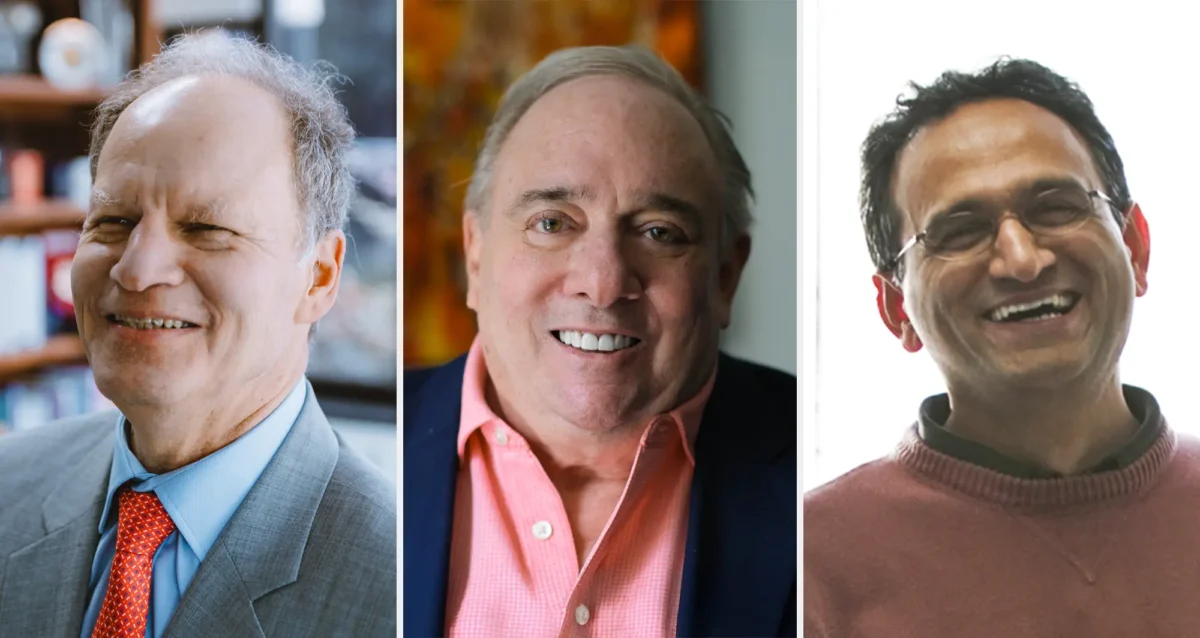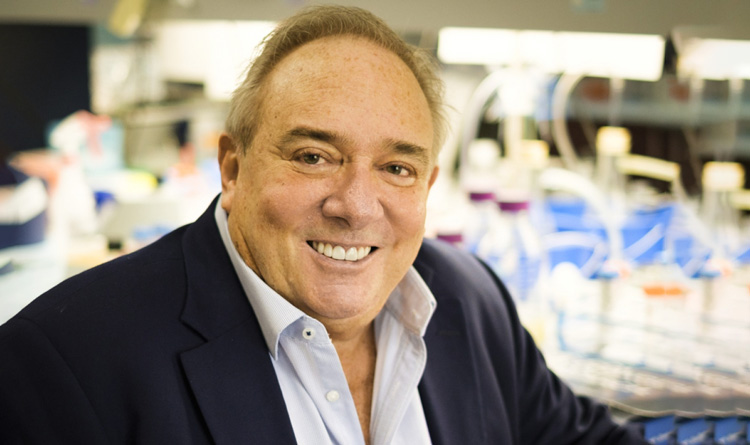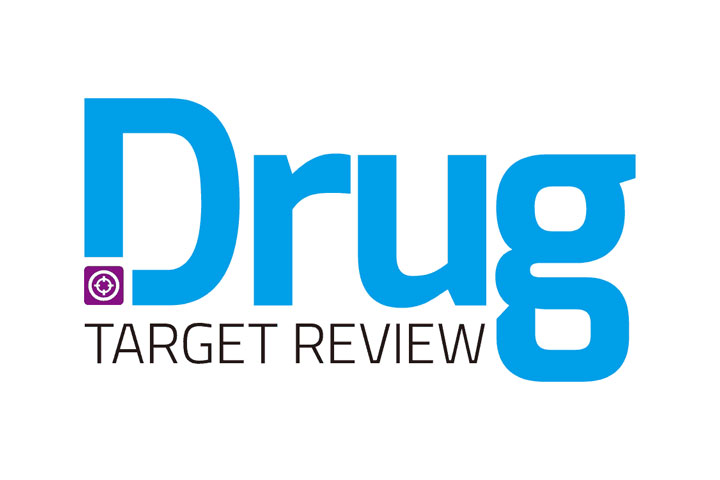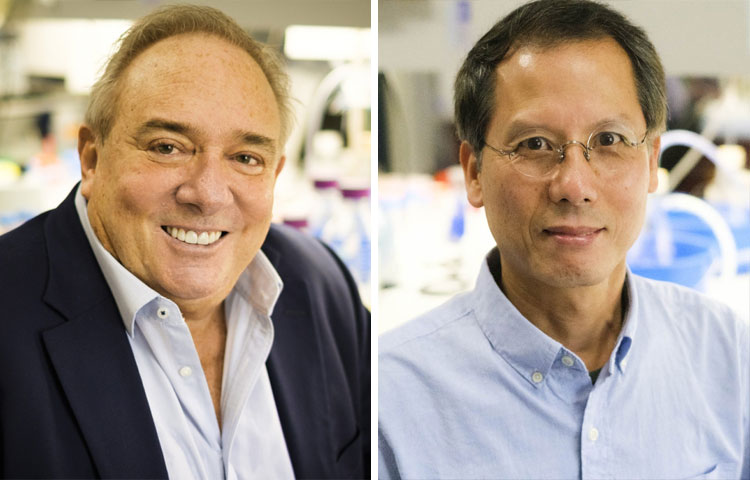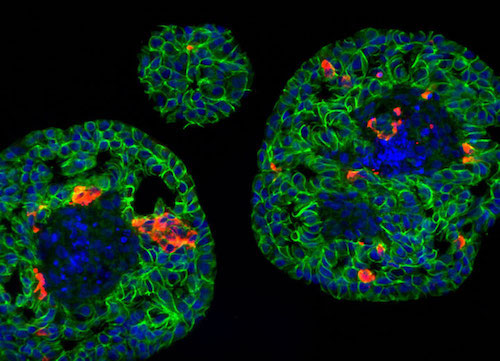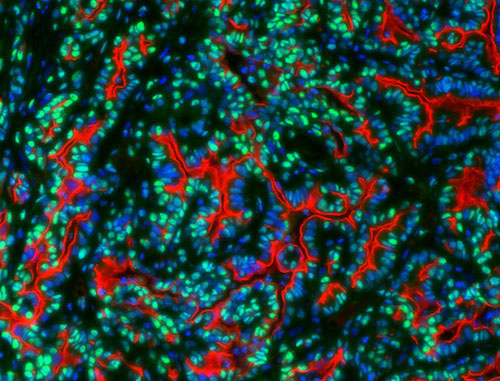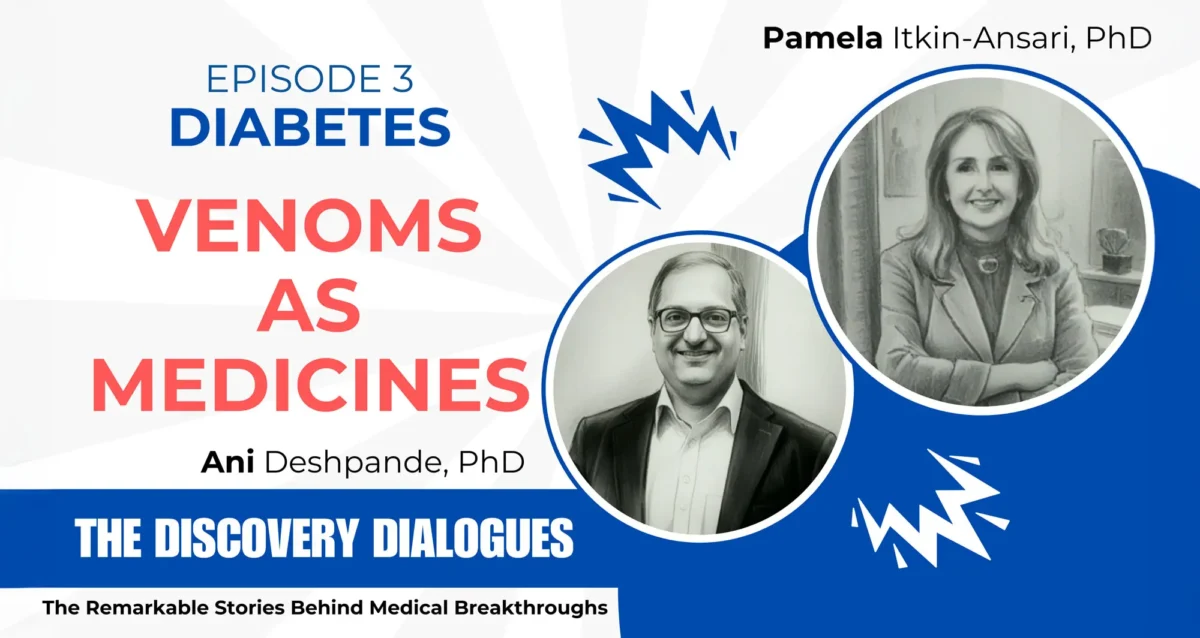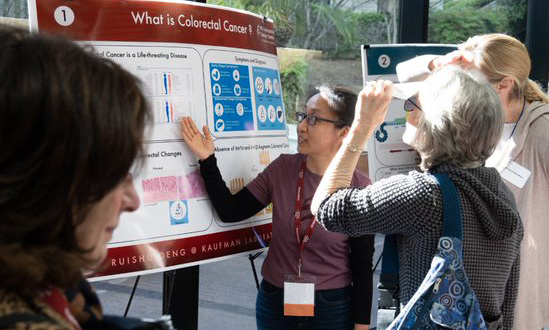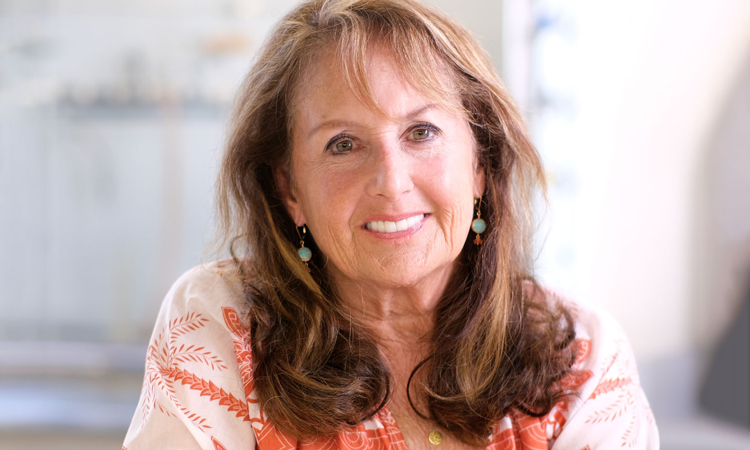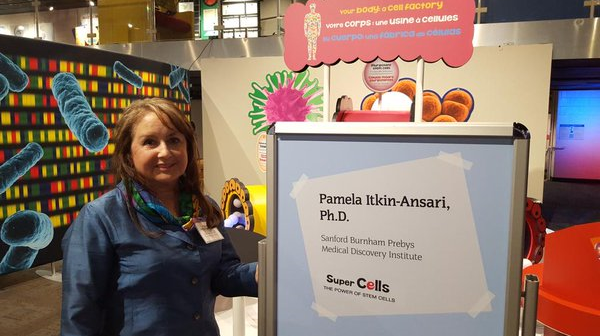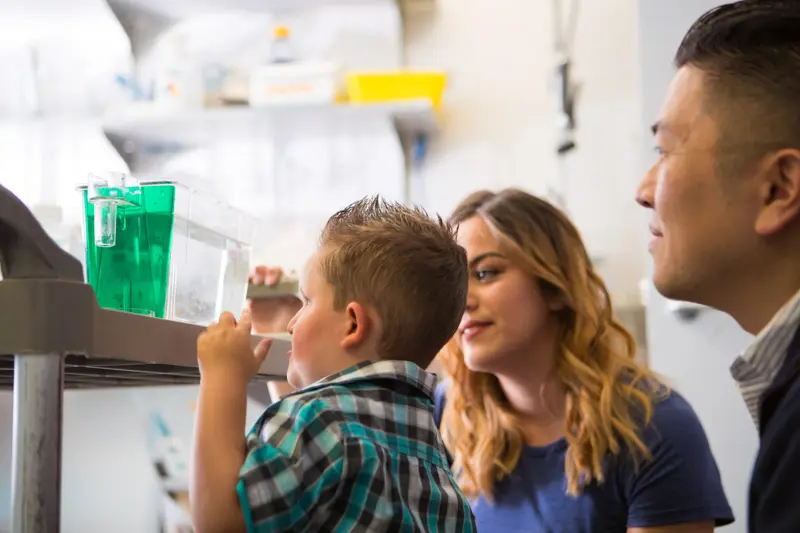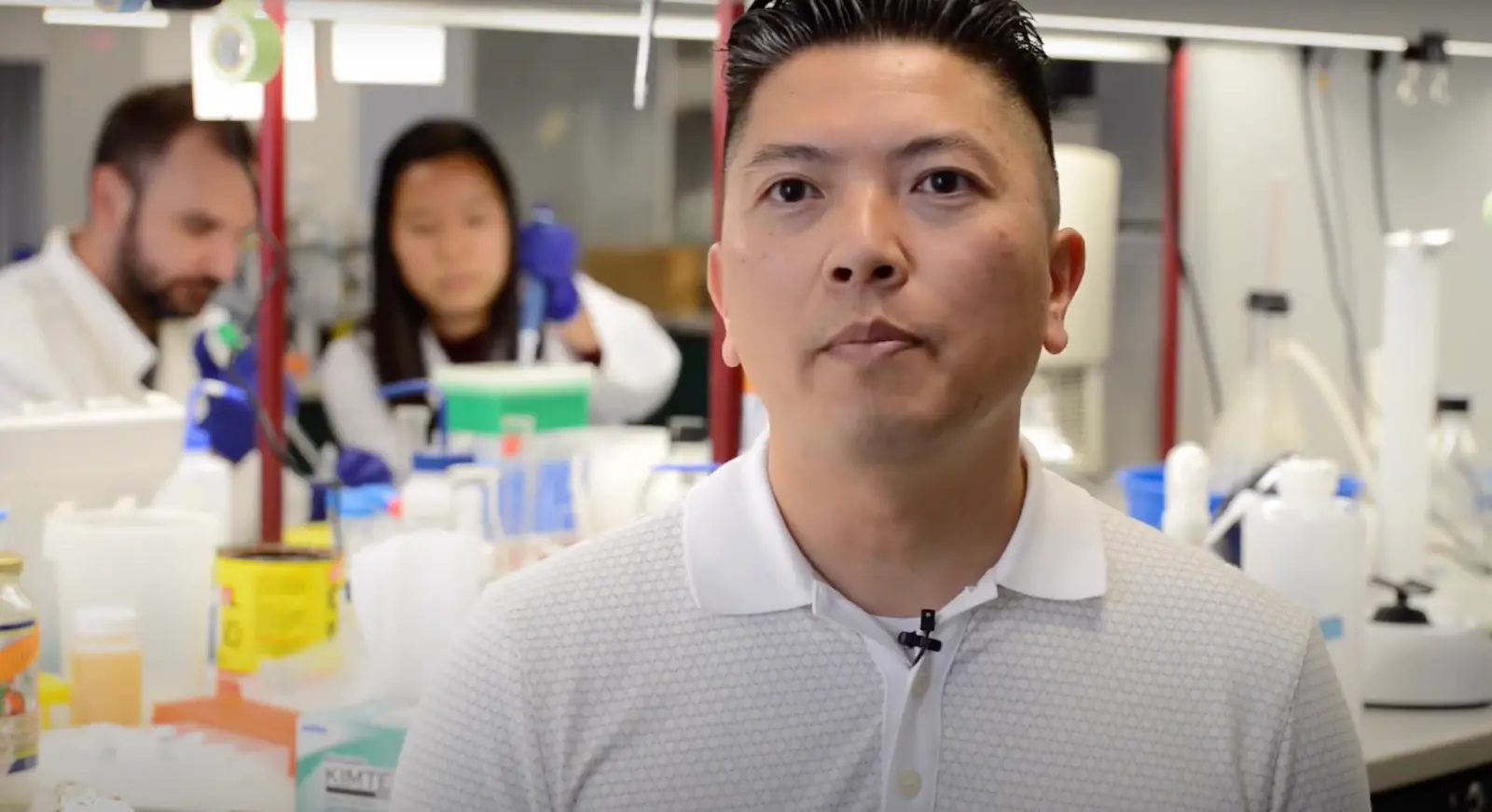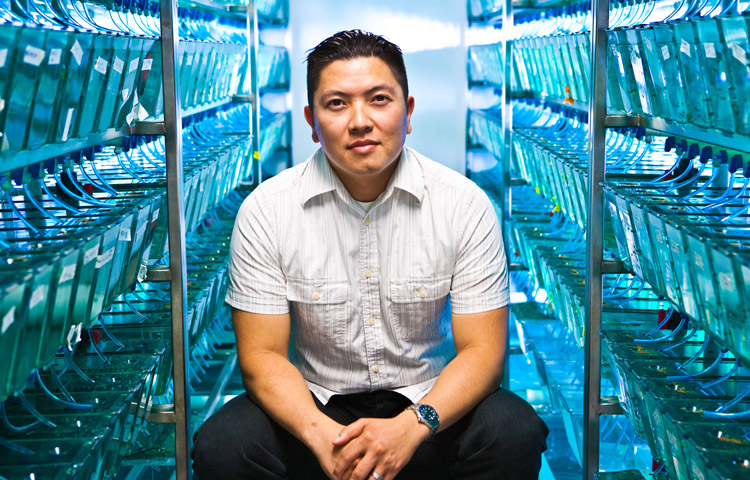Related Disease
Liver Diseases, Type 2 Diabetes
Phenomena or Processes
Protein Misfolding, The Unfolded Protein Response
The Kaufman lab is focused on understanding the fundamental mechanisms that regulate protein folding and the cellular responses to the accumulation of unfolded/misfolded proteins within the Endoplasmic Reticulum (ER). When proteins fail to fold correctly, they don’t work properly. More importantly, misfolded proteins accumulate with age and cause cellular toxicity, leading to almost every disease associated with aging. In many degenerative diseases, including neurological, metabolic, genetic, and inflammatory diseases, it’s thought that the accumulation of misfolded proteins leads to cellular dysfunction and death.
Dr. Kaufman’s research has focused for more than 30 years on mechanisms that regulate proper protein folding in the ER; this work contributed to the discovery of the UPR in the mid 1980s. The UPR pathways, mediated by PERK, IRE1, and ATF6, coordinate primarily an adaptive response. More recently, his research has focused on molecular mechanisms that establish the apoptotic program in response to protein misfolding in the ER, studies that have shed light on the mechanism by which cancer cells survive in a stressful environment.
Randal Kaufman’s Research Report
The major portion of our research is aimed at elucidating fundamental mechanisms that regulate protein folding and the cellular responses to the accumulation of unfolded protein within the (ER). Research into the fundamental processes that regulate protein synthesis and folding within the ER should have impact on the understanding of genetic diseases that result from protein folding defects.
Accumulation of unfolded/misfolded proteins within the ER induces an adaptive stress response known as the Unfolded Protein Response (UPR). The UPR signal is transduced from the ER lumen to cytoplasm and nucleus by three transmembrane proteins IRE1, ATF6, and PERK. UPR activation induces the expression of a family of basic leucine zipper-containing transcription factors that activate transcription of genes encoding functions to reduce the protein-folding load and increase the protein folding capacity of the ER. IRE1 is a serine/threonine protein kinase and endoribonuclease that signals transcriptional activation by initiating a novel splicing reaction on the mRNA encoding the transcription factor XBP1. UPR activation promotes trafficking of ATF6 from the ER to the Golgi where it is processed to yield a cytosolic fragment that is a potent transcriptional activator. In addition, the protein kinase PERK signals translational attenuation through phosphorylation of the alpha subunit of the eukaryotic translation initiation factor 2 (eIF2a) on serine residue 51. This phosphorylation attenuates translation of most cellular mRNAs but selectively induces translation of the transcription factor ATF4. We demonstrated that PERK/eIF2a signaling is essential for glucose-regulated insulin production by pancreatic beta cells, where defects in this pathway result in beta cell dysfunction and diabetes. The findings demonstrate an unprecedented link between glucose metabolism, mRNA translation, and protein folding and have implication in the treatment of diabetes. Future studies directed to elucidate the molecular logic for the UPR adaptive response will provide fundamental insight into numerous pathological conditions such as viral infection, cancer, inflammation, metabolic disease and atherosclerosis, and protein folding diseases such as Parkinson’s disease and Alzheimer’s disease.
